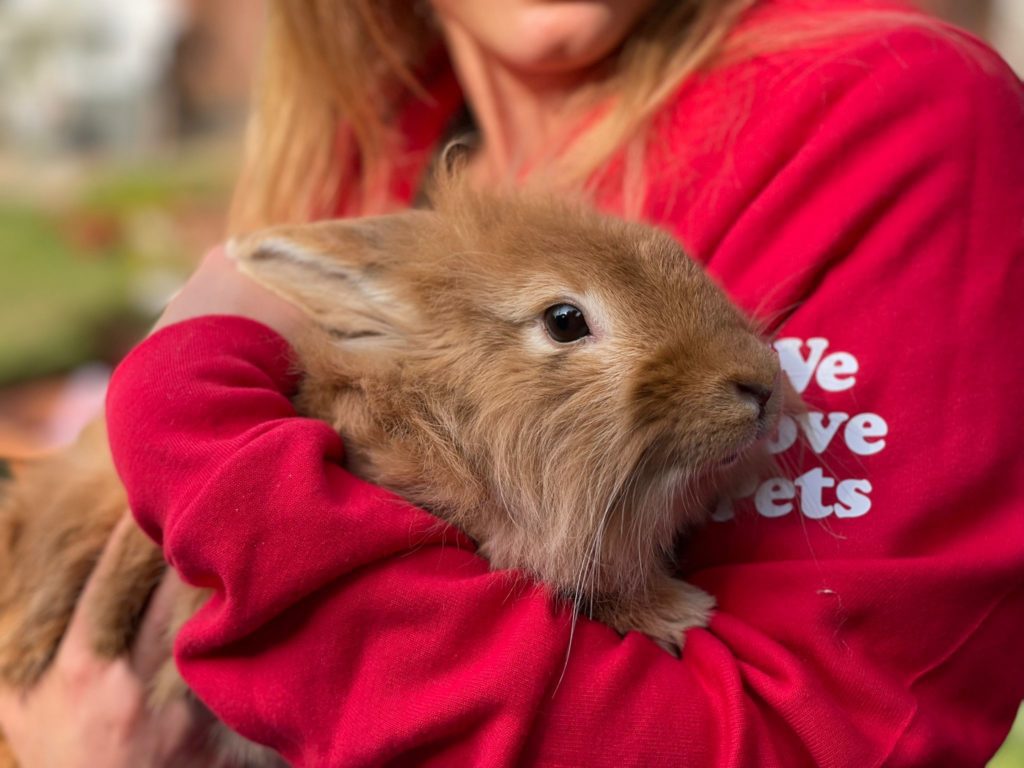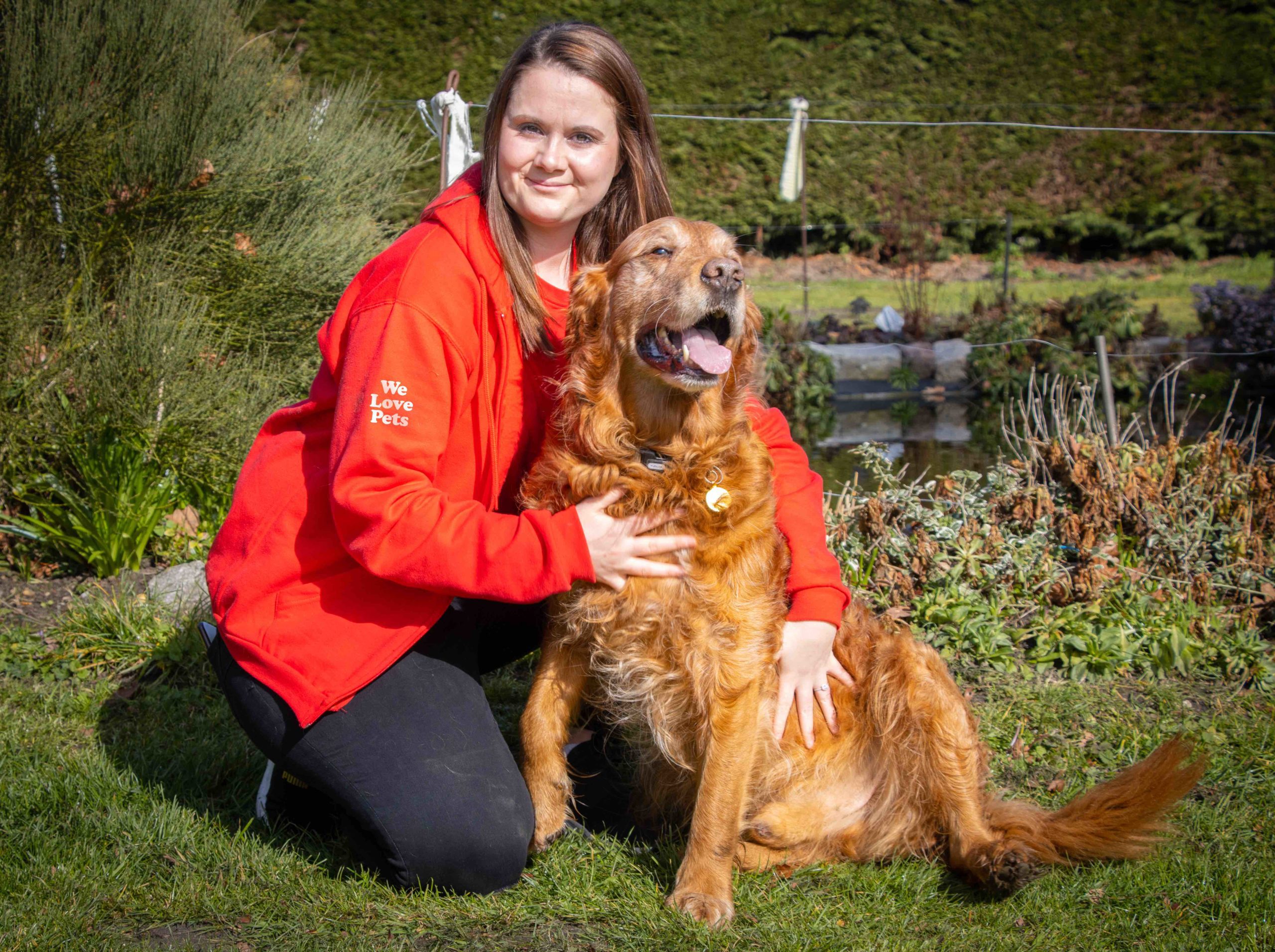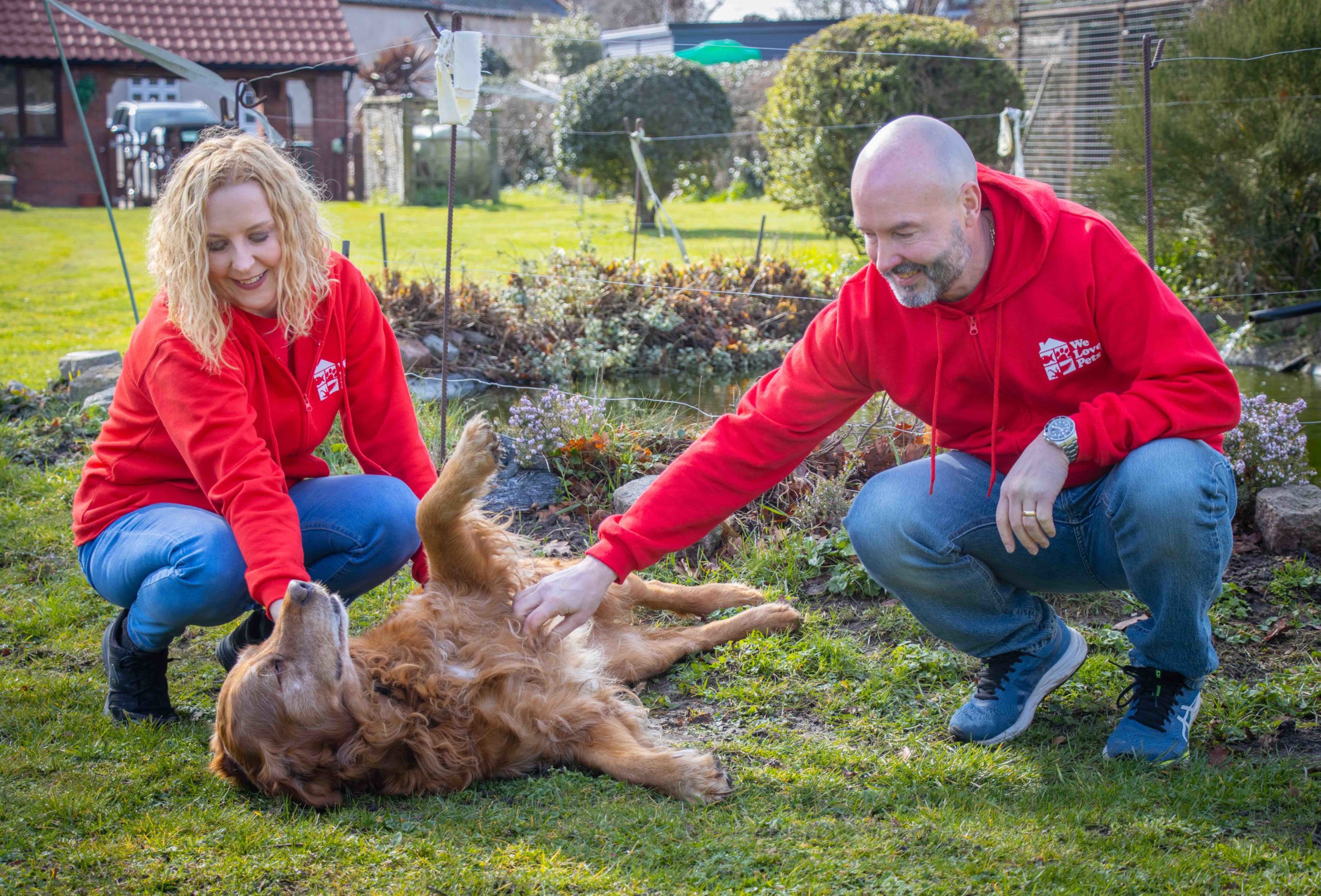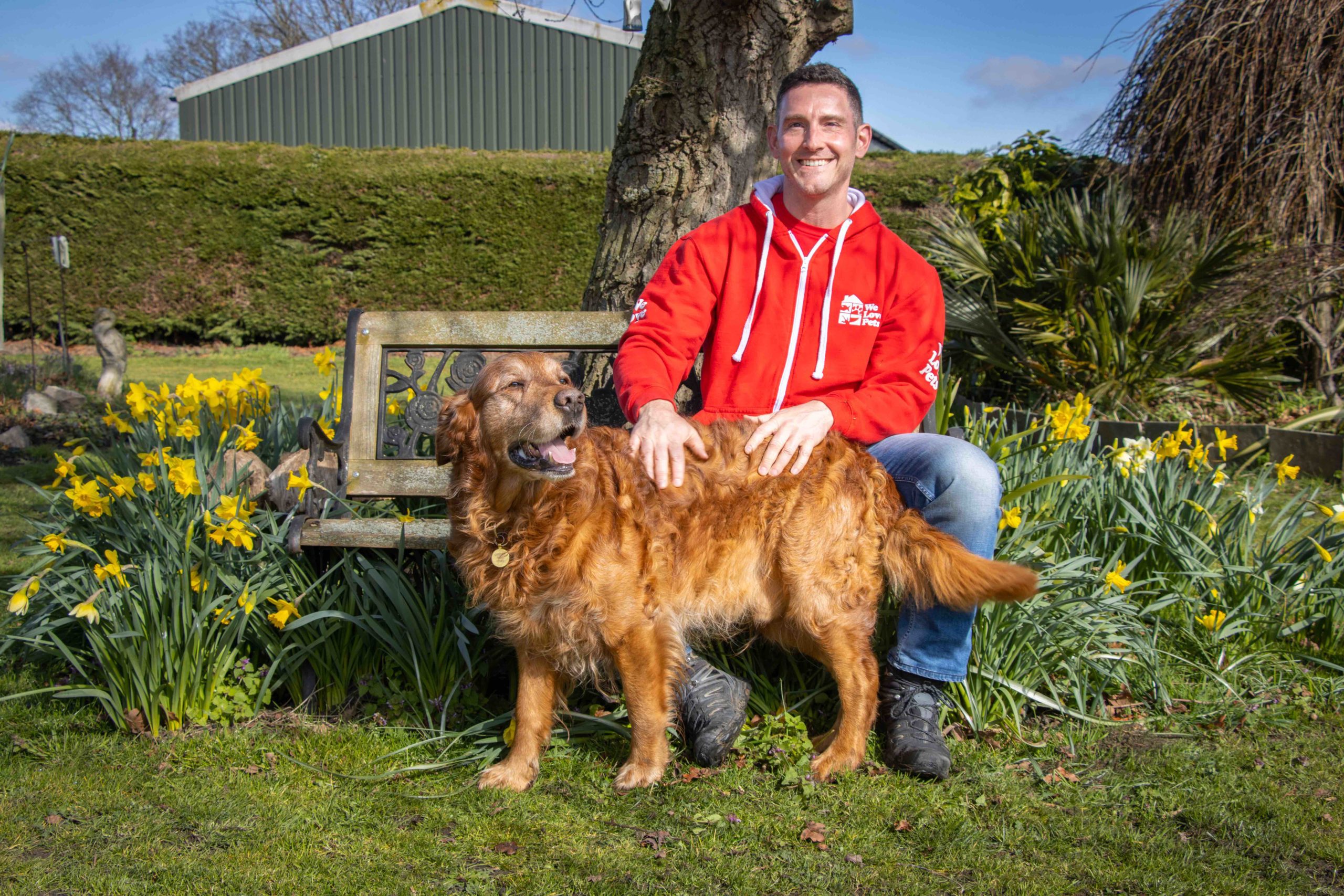In the UK today, there are an estimated 900,000 pet rabbits, with 1 in 50 adults owning one. That makes them the fourth most popular pet after dogs, cats, and fish!
And according to Petplan’s 2018 census, “rabbit owners are the most passionate about their pets being a big part of their family life,” stating that “rabbit owners are the most likely to fit their lives around their pets.”
So why are their owners so unbe-leaf-ably devoted to them? Intelligent and adorable, when it comes to rabbits, what’s not to love?! If you want to learn a little more about these adorable bun-dles of fluff, you’ve come to the right place.
Historical roots
The Romans appear to be the first civilization that domesticated rabbits, primarily for their meat and fur. Only in the last 200 years have they become pets to us in the West. They can be kept outdoors or indoors – as long as they have an adequate amount of space – making them an accessible pet to all sorts of households. Their needs and temperaments vary from breed to breed, so you can always find the right one for you!
Some of the most popular breeds include the Holland Lop, Mini Lop, Netherland Dwarf, Sussex, and New Zealand. Generally, all of these breeds’ lifespans sit between 5-12 years, so they’re a much bigger commitment than other animals in the ‘small pets’ category, like hamsters or guinea pigs.
Smart and Social
While temperaments obviously vary across the breeds, some consistent characteristics are intelligence and a high social need. Bunnies can not only be taught tricks and to respond to simple commands, but indoor rabbits can even be trained to use a litterbox like a cat!
What did one rabbit say to the other? Let’s be pen pals!
Yes, rabbits need friends! As for their extroverted lifestyles, rabbits should always live with at least one other rabbit to keep them company; in the wild, they can live in families 20 bunnies big! But it’s not just other rabbits they like – we can fill their social needs too, by giving them lots of love and attention.
However, rabbits are prey animals so can be very sensitive. Therefore, while toddlers may find bunny rabbits adorable, they aren’t the best at filling a rabbit’s social needs, as their erratic behaviour can scare and upset rabbits.
Bunny Care
Some people think of rabbits as easy, or ‘starter’ pets, as they’re often smaller than cats or dogs. But that is not at all the case. In some ways, rabbits can be even more demanding. The RSPCA goes as far as stating: “although traditionally thought of as good pets for children, this is not the case as they are not easy to look after well.”
Because of this, the RSPCA reported in April 2021 that they were experiencing an influx of abandoned rabbits, theorising that families adopted them during lockdown without doing their research, or being prepared for the commitment. So, what do they actually need from us?
Their diets are one of the easier parts of bunny care, consisting of hay, grass, washed leafy greens, and potentially root vegetables or fruit as treats, but only in small amounts. In particular though, good quality hay or grass is an important requirement. It aids not only their dental and digestive health but supports their emotional wellbeing too.
Rabbits are crepuscular animals, which means they are most active at dusk and dawn (so they can stay safe from predators in the day), but they still need large areas for exercise. If outdoors, they require a pen to allow them to explore while staying safe. If indoors, rabbit-proof as much of the home as possible so that it’s safe for them to roam freely. They also love to dig, so providing an area where they can indulge that need – like with a sandbox – is a must. And just like cats and dogs, rabbits appreciate having toys to keep them occupied.
Finally, rabbits need a ‘safe space.’ The RSPCA explains that it is best if they have “constant access to safe hiding places so they can escape if they feel afraid. Rabbits must be able to hide from things that scare them.”
Fun Facts!
And to finish off, here’s some fun facts about these bun-derful animals that we sourced from the RSPCA:
- Rabbits have continuously growing teeth. A rabbit’s top front teeth grow at a rate of 3mm a week!
- Rabbits have long, powerful hindlegs that allow them to achieve speeds of up to 50 miles per hour for short bursts!
- A single female rabbit, a ‘doe,’ can produce approximately 30 young in a single breeding season and can become pregnant again within hours of giving birth!

If you think a rabbit is the right pet for you, we highly recommend thorough research and preparation before bringing them home! You can learn more about their care needs in our blogs: Rabbit Care: What You Need to Know, and Small Animal Enrichment: Rabbits & Guinea Pigs.
And, if you’re ever in need of a helping hand, our local We Love Pets branches would be more than happy to assist with your bunny’s care needs. Find your nearest branch here, and get in touch today.




